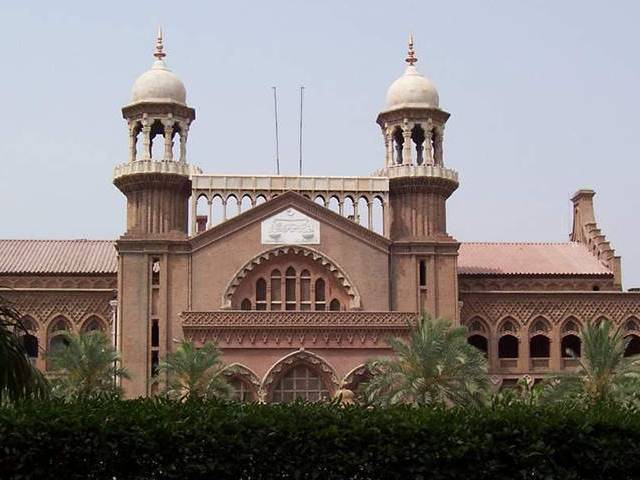
Justice Ali Zia Bajwa of the Lahore High Court directed the Station House Officers (SHOs) across the province on Tuesday to release all teenage motorists only if they furnish a personal guarantee that they will abstain from driving without valid licences.
Simultaneously, Justice Bajwa ordered the relevant Superintendent of Police (SP) of the Criminal Record Office to provide the court with the criminal records associated with the FIRs filed against these teenage motorists who were caught driving without licences.
Read More: Campaign launched against underage driving
The directives came during a hearing of a petition challenging the Punjab Police's decision to create criminal records for teenage motorists after they were booked.
Responding to the court's inquiry, the SP of Criminal Record Office confirmed the creation of criminal records for those teenage motorists against whom FIRs had been registered.
To this, Justice Bajwa recalled a previous case where the DIG IT had assured that no criminal records would be generated for these teenage motorists.
During the proceedings, Justice Bajwa emphasised the existence of a law addressing petty offences, allowing SHOs to release individuals committing such offences.
Read More: LHC orders arrest of motorists driving sans license
In response, the law officer affirmed the availability of such legal permission. Consequently, Justice Bajwa directed the SHOs to release the teenage motorists in question.
In addition, the Chief Traffic Officer (CTO), Mustansar Feroze, informed the court that over 1,400,000 learner licences had been issued. Furthermore, more than 7,000 FIRs had been registered against teenage motorists, along with over 9,000 FIRs against those found driving without licences.
The counsel for the petitioner argued that youngsters in school uniforms were being arrested and detained.
Despite assurances from senior police officials not to do so, criminal records were being created for these teenagers, some of whom had not even received their Computerised National Identity Cards (CNICs) yet, they contended.
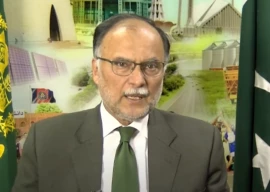
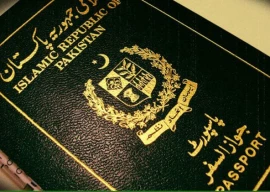




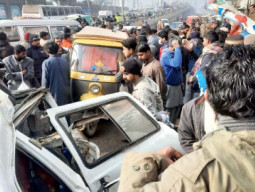


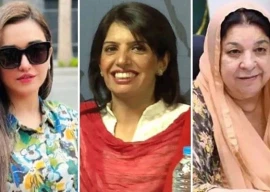


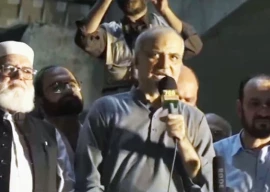






COMMENTS
Comments are moderated and generally will be posted if they are on-topic and not abusive.
For more information, please see our Comments FAQ